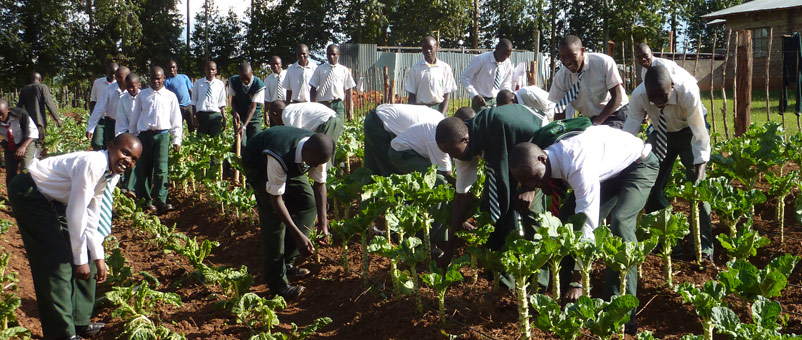Agricultural education is a vital component of Nigeria’s educational system, aimed at developing the skills and knowledge of students in agricultural practices, technologies, and management. However, despite its importance, agricultural education in Nigeria faces numerous challenges that hinder its effectiveness. This article examines the challenges and opportunities of agricultural education in Nigeria.
Challenges Facing Agricultural Education in Nigeria
- Inadequate Funding: Agricultural education in Nigeria is grossly underfunded. The government’s allocation to agricultural education is meager, leading to inadequate infrastructure, outdated equipment, and insufficient instructional materials.
- Lack of Qualified Teachers: There is a shortage of qualified agricultural teachers in Nigeria. Many teachers are not specialized in agricultural education, leading to ineffective teaching and learning.
- Poor Infrastructure: Agricultural education institutions in Nigeria lack modern infrastructure, including laboratories, farms, and equipment. This hinders the practical training of students.
- Limited Access to Technology: Nigerian agricultural education institutions have limited access to modern agricultural technologies, such as precision agriculture, biotechnology, and information communication technology (ICT).
- Societal Perception: Agriculture is often perceived as a low-status profession in Nigeria, leading to a lack of interest in agricultural education among students.
- Curriculum Relevance: The agricultural education curriculum in Nigeria is often outdated and not aligned with industry needs, leading to graduates who are not employable.
Opportunities for Agricultural Education in Nigeria
- Increased Government Support: The Nigerian government has shown commitment to revitalizing the agricultural sector, including agricultural education. Increased government support can lead to improved funding, infrastructure, and teacher training.
- Private Sector Participation: Private sector companies can partner with agricultural education institutions to provide modern equipment, technology, and expertise, enhancing the quality of agricultural education.
- International Collaboration: Collaboration with international institutions and organizations can provide access to modern agricultural technologies, best practices, and expertise, improving the quality of agricultural education in Nigeria.
- Entrepreneurship and Job Creation: Agricultural education can equip graduates with the skills and knowledge to start their own agricultural businesses, creating jobs and stimulating economic growth.
- Food Security: Nigeria’s growing population requires a robust agricultural sector to ensure food security. Agricultural education can provide the skilled workforce needed to drive agricultural productivity and food security.
Recommendations
- Increase Funding: The government should increase funding for agricultural education to improve infrastructure, teacher training, and instructional materials.
- Review Curriculum: The agricultural education curriculum should be reviewed and updated to reflect industry needs and modern agricultural practices.
- Promote Private Sector Participation: Private sector companies should be encouraged to partner with agricultural education institutions to provide modern equipment, technology, and expertise.
- Enhance Teacher Training: Teachers should receive regular training and professional development to enhance their skills and knowledge in modern agricultural practices.
- Promote Entrepreneurship: Agricultural education institutions should promote entrepreneurship and job creation among graduates, providing them with the skills and knowledge to start their own agricultural businesses.
Conclusion
Agricultural education in Nigeria faces numerous challenges, including inadequate funding, lack of qualified teachers, and poor infrastructure. However, there are also opportunities for growth and development, including increased government support, private sector participation, and international collaboration. By addressing the challenges and leveraging the opportunities, Nigeria can develop a robust agricultural education system that provides the skilled workforce needed to drive agricultural productivity and food security.

